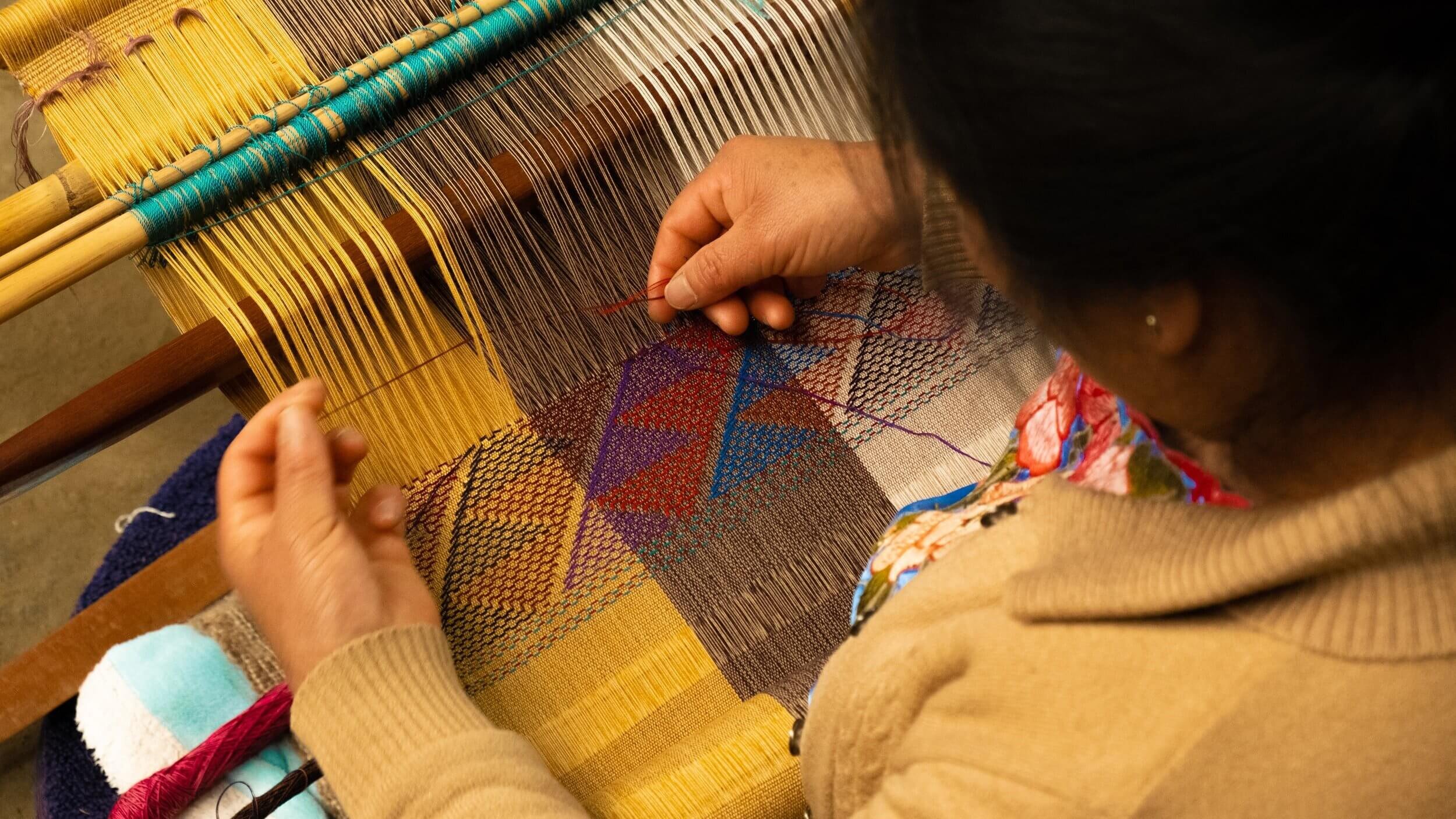
Indigenous Rights
North America’s psychedelic community is deeply interested in Indigenous rights and related matters, including increasing Indigenous representation in the nascent legal psychedelics industry.
While various cultural and political reasons likely explain this, one foundational reason may be that numerous popular psychedelic substances (including psilocybin mushrooms, ayahuasca, and iboga) were used for centuries, even millenia, by Indigenous peoples. Especially, but not exclusively, those of South America.
Many medical and psychedelic community members also believe that Indigenous cultures preserve valuable wisdom and knowledge regarding the beneficial use of psychedelics. This belief is supported most obviously by the popularity of ayahuasca ceremonies, and the epiphanic testimonials of those who’ve experienced such ceremonies.
Peyote and the Native American Church
Canada’s Indigenous peoples have not historically used or valued psychedelics to the same extent as Indigenous peoples situated further south. That is not to say, though, that Canadian Indigenous groups have no historical relationship with psychedelic substances.
The Native American Church (NAC), which originated in the US, has chapters in Canada that engage in peyote ceremonies. These ceremonies - sometimes misconstrued by local communities and media in Western Canada as scandalous, even satanic events - became a flashpoint in relations between Indigenous peoples and the Canadian federal government in the 1950s, and tested the legal and political interpretation of the federal Indian Act of 1951.
Ultimately, the Canadian government made no formal laws regarding peyote, thereby permitting its use in NAC ceremonies (if NAC chapters could manage to get it, since the government also didn’t change the law at that time to allow its importation). And because of peyote’s association with such ceremonies, peyote has specifically been legally exempted from Canadian criminal drug legislation, notwithstanding the criminalized status of peyote’s active psychedelic agent, mescaline.
Cannabis Regulation by Native Authorities
Several key issues between Indigenous groups and the federal government remain unresolved in relation to the Cannabis Act.
The Cannabis Act establishes certain foundational regulatory standards applicable throughout all jurisdictions in Canada, including those governed by First Nations, Metis, and Inuit governments. Like provinces and territories, Indigenous governments have power to establish certain rules applicable to cannabis-related activities provided they do come into conflict with the Act and provincial/territorial law.
In a recent report, the federal government discussed its engagement with Indigenous groups interested in exercising greater authority over cannabis-related activities in jurisdictions under their control, and in June 2021, Health Canada reached the first mutually beneficial arrangement with the Mohawk Council of Kahnawà:ke supporting “a cooperative application of federal and local cannabis frameworks.”
However, some Indigenous groups claim jurisdiction to regulate cannabis on reserves by asserting inherent jurisdiction, negotiating agreements with the provinces, or through delegated powers under the Indian Act or First Nations Lands Management Act. These claims have yet to be validated by Canadians court, though there are lawsuits in process which may resolve the question in the near future.

